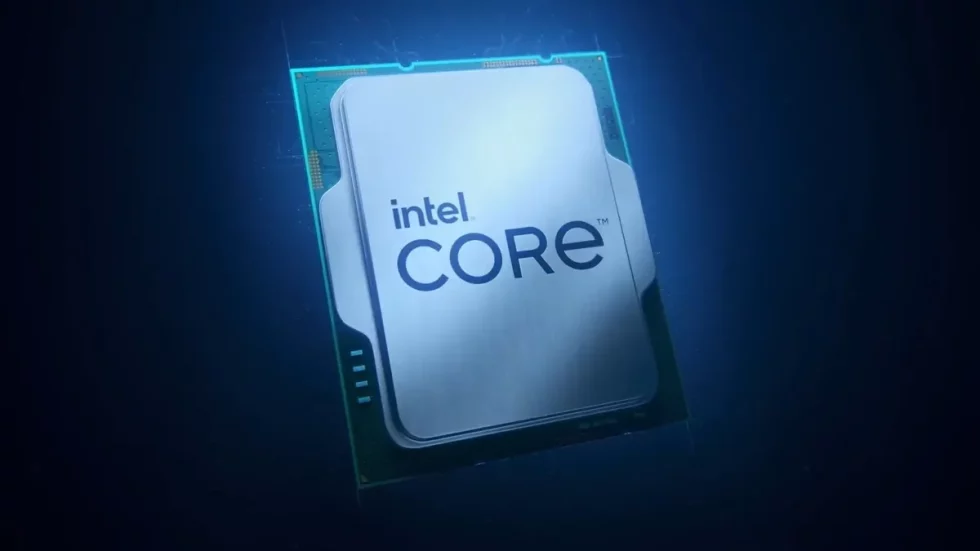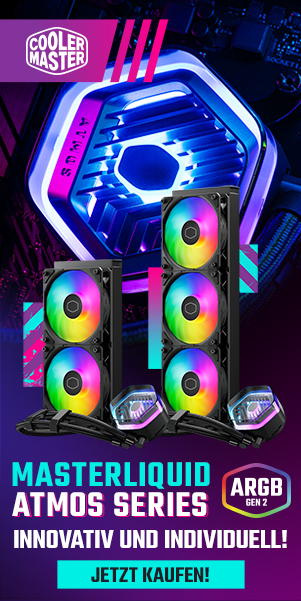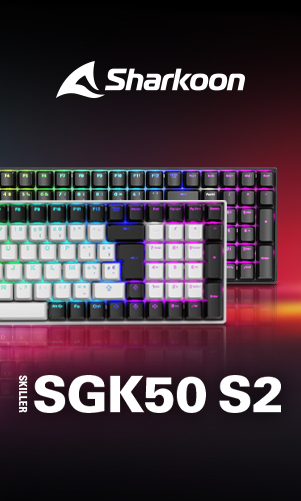Intel plans to release the 14th generation of its Core processors this year. The Meteor Lake processors are planned for laptops, and the Raptor Lake Refresh CPUs for desktops. The exact reason for the decision to release the Meteor Lake processors only for notebooks this year is unknown. However, Intel has confirmed that these processors will also be available for desktops in the future.

Michelle Johnston Holthaus, executive vice president & general manager of client computing group at Intel, said in an interview with PCWorld’s Mark Hachman, “I want a unified processor family for both segments, laptops and desktops. That’s what everybody wants, right?”
What do we know so far about Intel’s Meteor Lake-S?
So far, little is known about Intel’s Meteor Lake-S processors for desktop PCs. It is speculated that they will have up to six high-performance cores and up to N energy-efficient cores. Such a configuration is sufficient for compact desktops, but it will hardly meet the requirements of gaming enthusiasts.
Socket and chipset
Meteor Lake-S and Arrow Lake-S processors are expected to share the V1 socket (for LGA1851 CPUs) and the 800-series chipset. Motherboards for Arrow Lake-S, which will be available in Core i7 and Core i9 variants for gamers and enthusiasts, are supposed to have sophisticated voltage regulators to offer maximum performance. They will be correspondingly expensive. The question is whether these high-powered 800-series motherboards will ever be needed for Meteor Lake-S CPUs in the alleged configuration.
Multi-Tile Architecture
Meteor Lake and Arrow Lake processors mark Intel’s push toward multi-tile architectures for the client market. While Meteor Lake will be based on the Intel 4 node with a focus on extreme ultraviolet (EUV) lithography, Arrow Lake will use a 2nm-class Intel 20A process. Both will likely use graphics tiles fabricated on TSMC’s N3E technology. The standout feature of the Intel 20A process is the integration of RibbonFET transistors and PowerVia power supplies aimed at improving performance.
Source: TomsHardware































Kommentieren